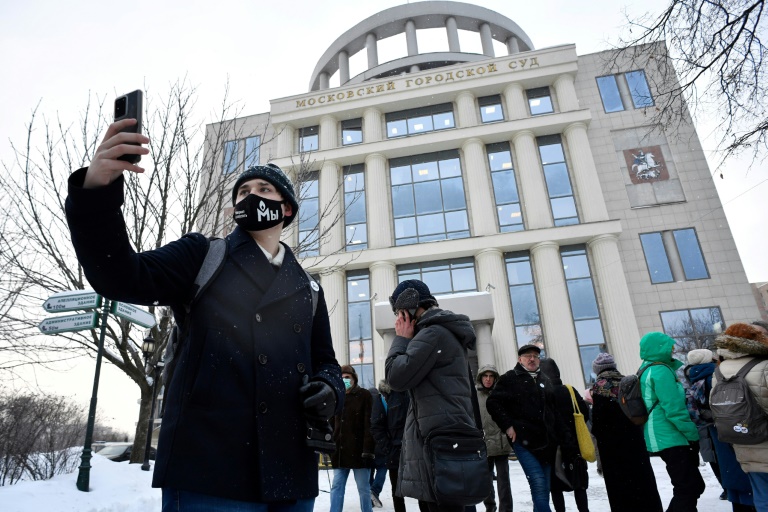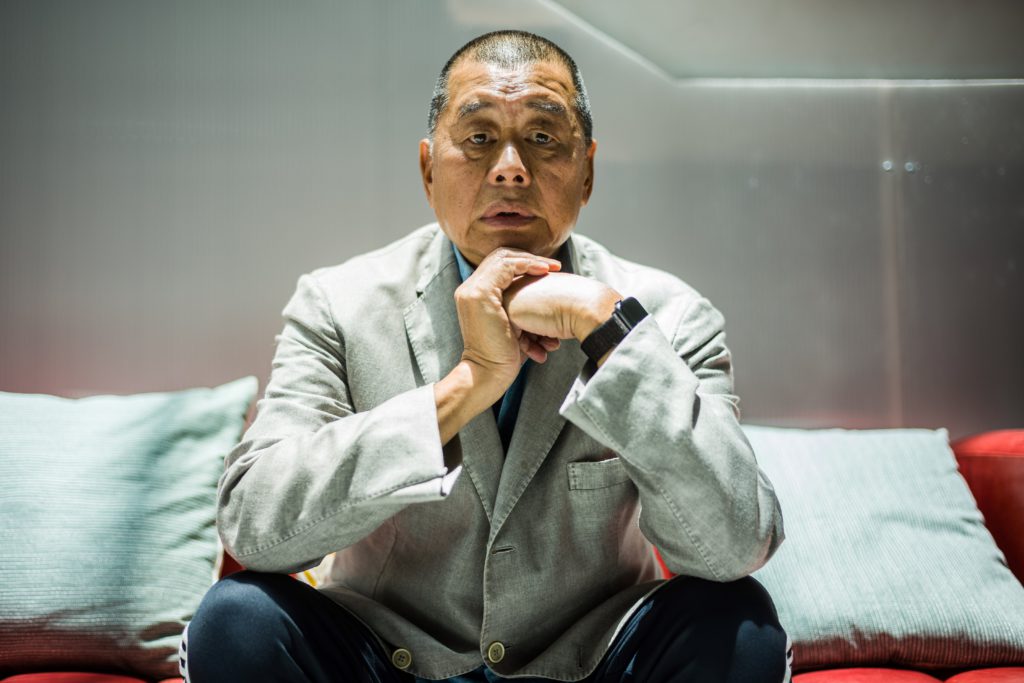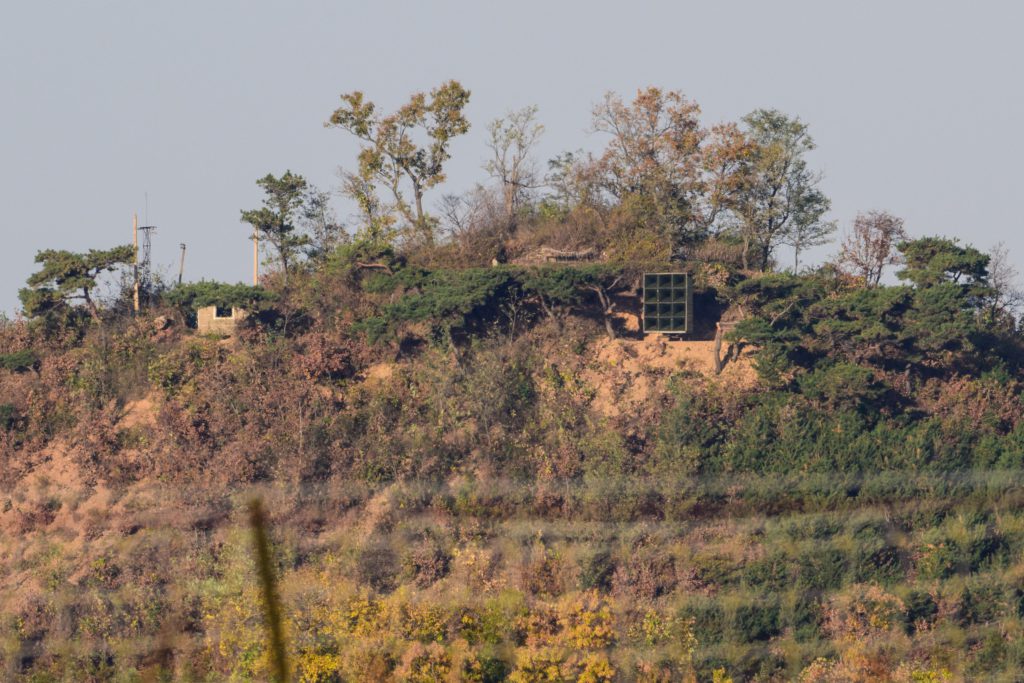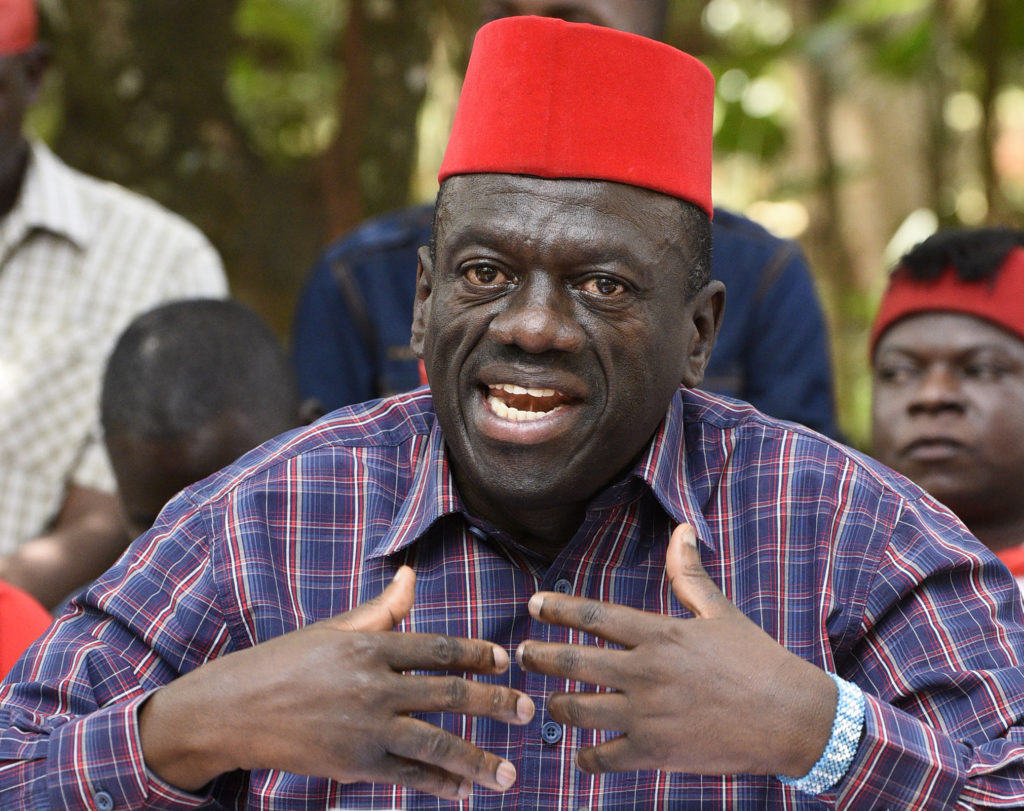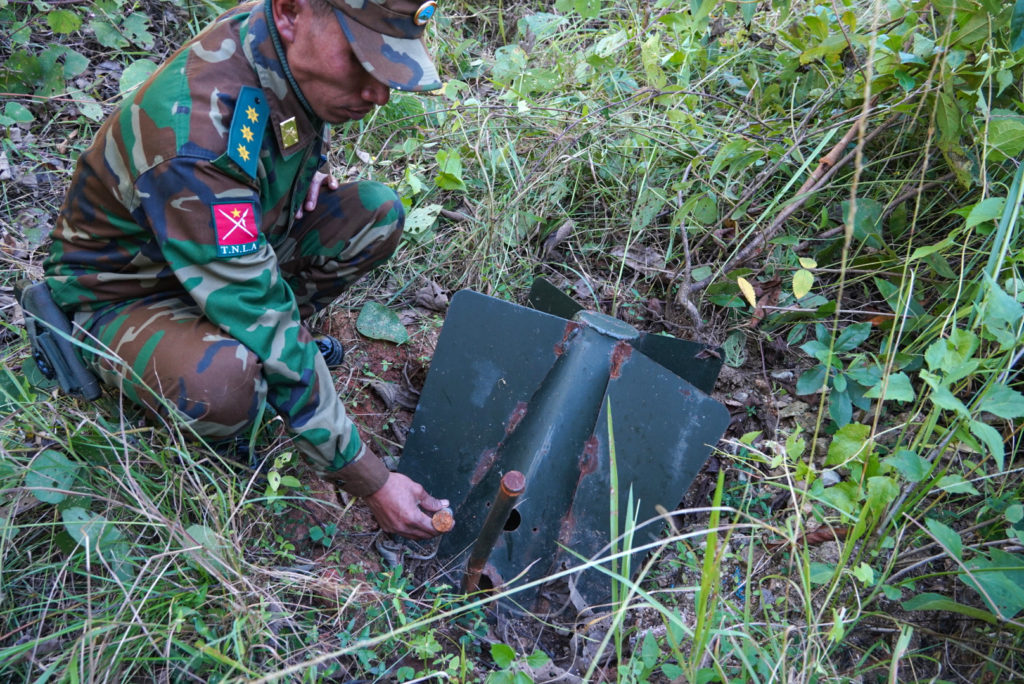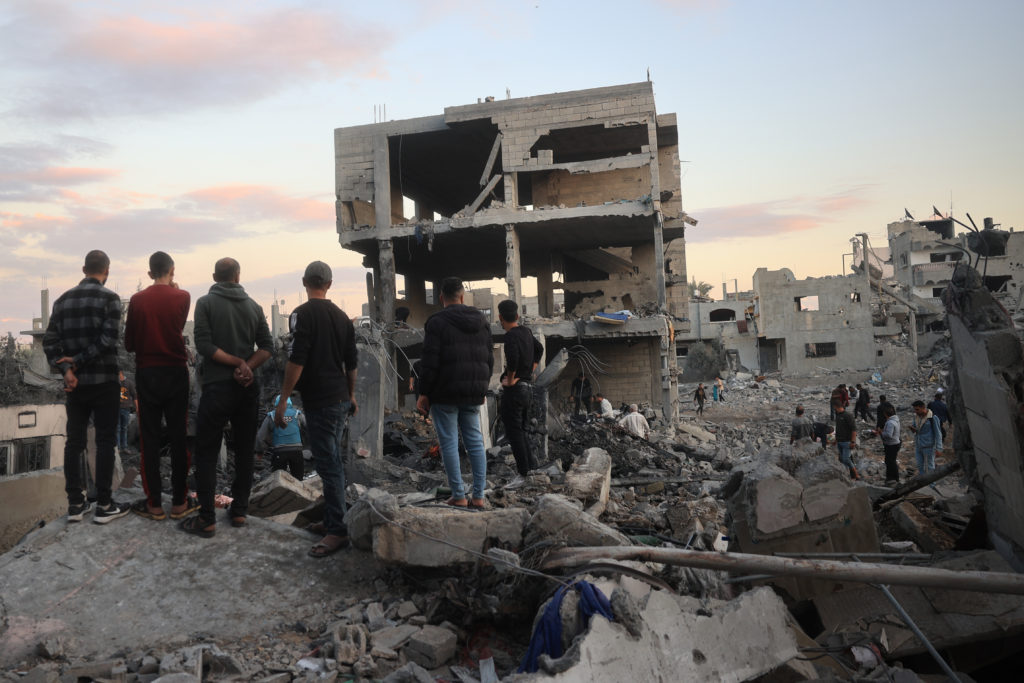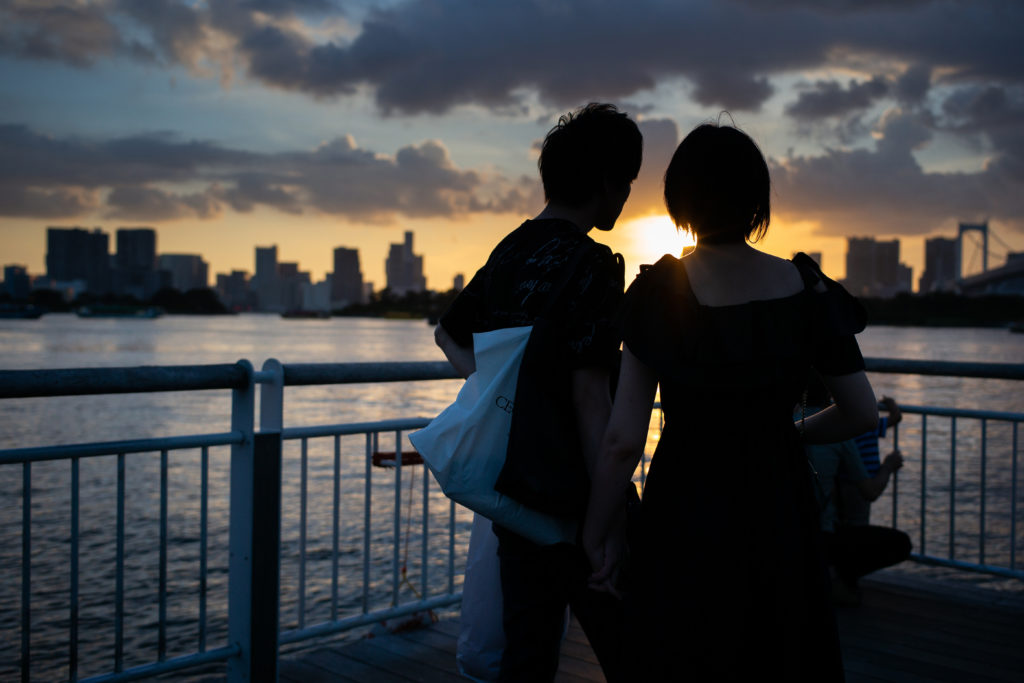A Moscow court on Wednesday hit Russia’s most prominent rights group, Memorial, with a second ban in as many days despite an international outcry.
Judge Mikhail Kazakov ordered the dissolution of Memorial’s Human Rights Centre, which campaigns against contemporary rights abuses in Russia, at the request of prosecutors.
On Tuesday, the country’s Supreme Court had ordered the dissolution of Memorial International, the group’s central structure which chronicles Stalin-era purges and maintains the network’s extensive archives in Moscow.
That ruling was slammed by US Secretary of State Antony Blinken and EU foreign policy chief Josep Borell, at a time when tensions are already high between Russia and NATO over the Ukraine conflict.
The rulings cap a year that began with the jailing of President Vladimir Putin’s top critic Alexei Navalny and signal the end of an era in Russia’s post-Soviet democratisation process, which began 30 years ago this month.
Prosecutors accused Memorial’s rights centre of failing to use on its publications the “foreign agent” label, which denotes organisations that receive funds from overseas, and for allegedly justifying terrorism and extremism.
Several dozen supporters gathered outside the courthouse in freezing temperatures.
Memorial, Russia’s most prominent rights organisation, was founded in 1989 by Soviet dissidents including Nobel Peace Prize laureate Andrei Sakharov.
During Wednesday’s hearing, a prosecutor accused Memorial of “actively” supporting extremist organisations and organisations designated as “foreign agents.”
The prosecutor charged that it was actually Memorial that violated the rights and freedoms of Russians and cited an alleged lack of accounting transparency.
Political observers say that the charges of extremism and terrorism have been used by Russian authorities to punish Putin critics.
Ahead of the ruling, Alexander Cherkasov, head of Memorial’s rights centre, said the closure would mean that political repression is a fact of life in the country.
“For the past three decades, all our activities have been aimed at protecting the citizens of Russia and the interests of the Russian state,” he said in court.
“If we are closed over this, it will confirm that the persecution of citizens for political reasons is one of the systemic factors of our life.”
– ‘Awful mirror’ –
The prosecution on Tuesday added that Memorial “creates a false image of the USSR as a terrorist state and denigrates the memory of World War II”.
“It is an utter outrage that the Kremlin is now moving to shut Memorial down,” Human Rights Watch Executive Director Kenneth Roth said on Tuesday.
“It speaks to the fears of the Russian government that it is no longer willing to tolerate the honest and objective accounting of its conduct that Memorial provides,” he added.
“If that mirror is too awful to look at, the answer is to change the conduct, not to shatter the mirror.”
Memorial International vowed to appeal and find “legal ways” to continue its work.
“Memorial is not an organisation, it is not even a social movement,” it said.
“Memorial is the need of the citizens of Russia to know the truth about its tragic past, about the fate of many millions of people.”
Memorial’s rights centre has campaigned for the rights of political prisoners, migrants and other disadvantaged groups, and highlighted abuses, especially in the turbulent North Caucasus region that includes Chechnya.
The centre has also compiled a list of political prisoners that includes Navalny and members of regional minorities outlawed in Russia including the Jehovah’s Witnesses.
Putin has, however, accused the group of advocating for “terrorist and extremist organisations”.
The court ruling against Memorial International sparked an international backlash.
“The people of Russia –- and the memory of the millions who suffered from Soviet-era repression –- deserve better,” said Blinken.
Borrell tweeted: “Critical looks on their past are essential for the healthy development and progress of societies.”
“Even by the standards of 2021, the closure of Memorial is an extraordinary event. A monstrous one,” Meduza, an independent news website, said in an editorial.

